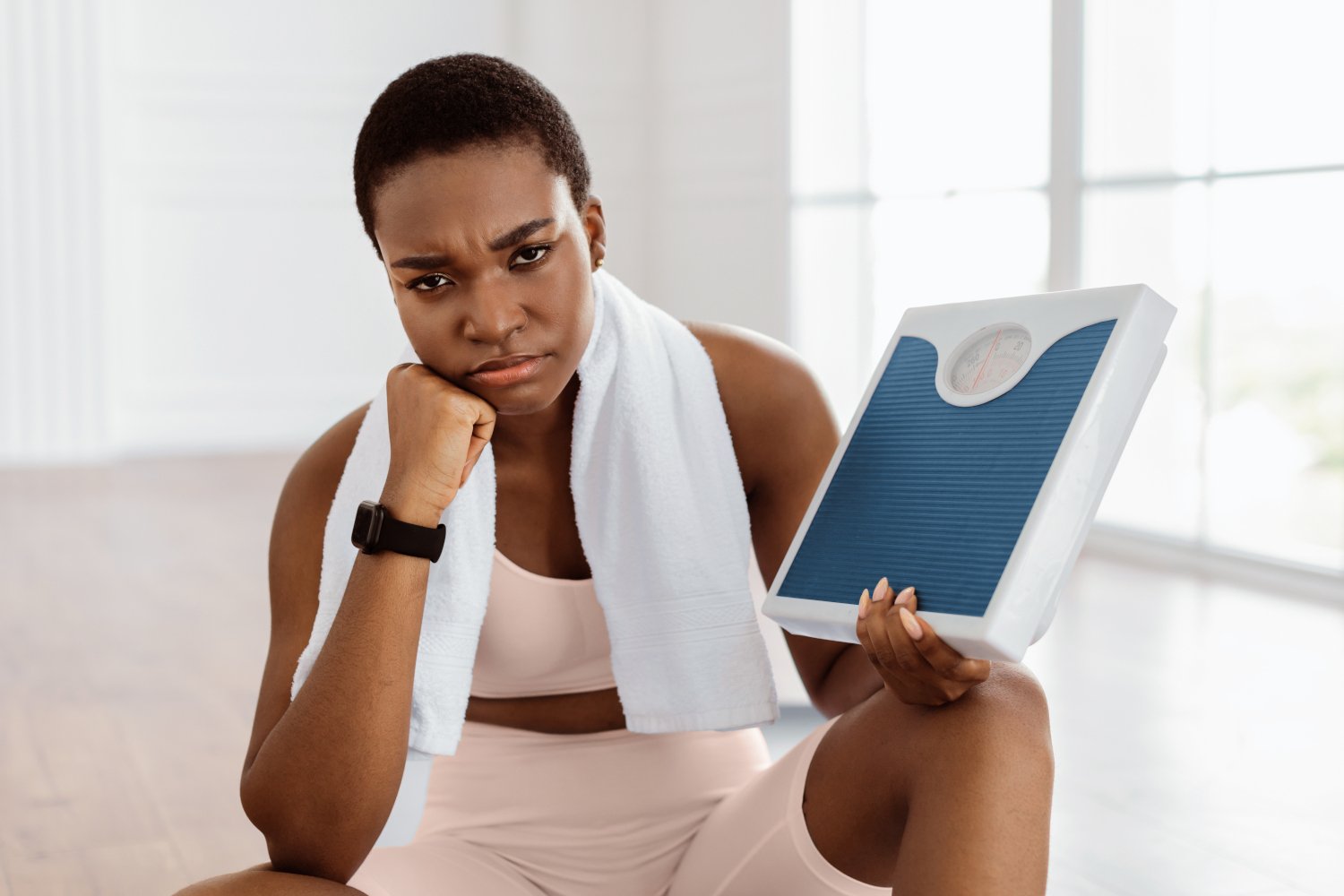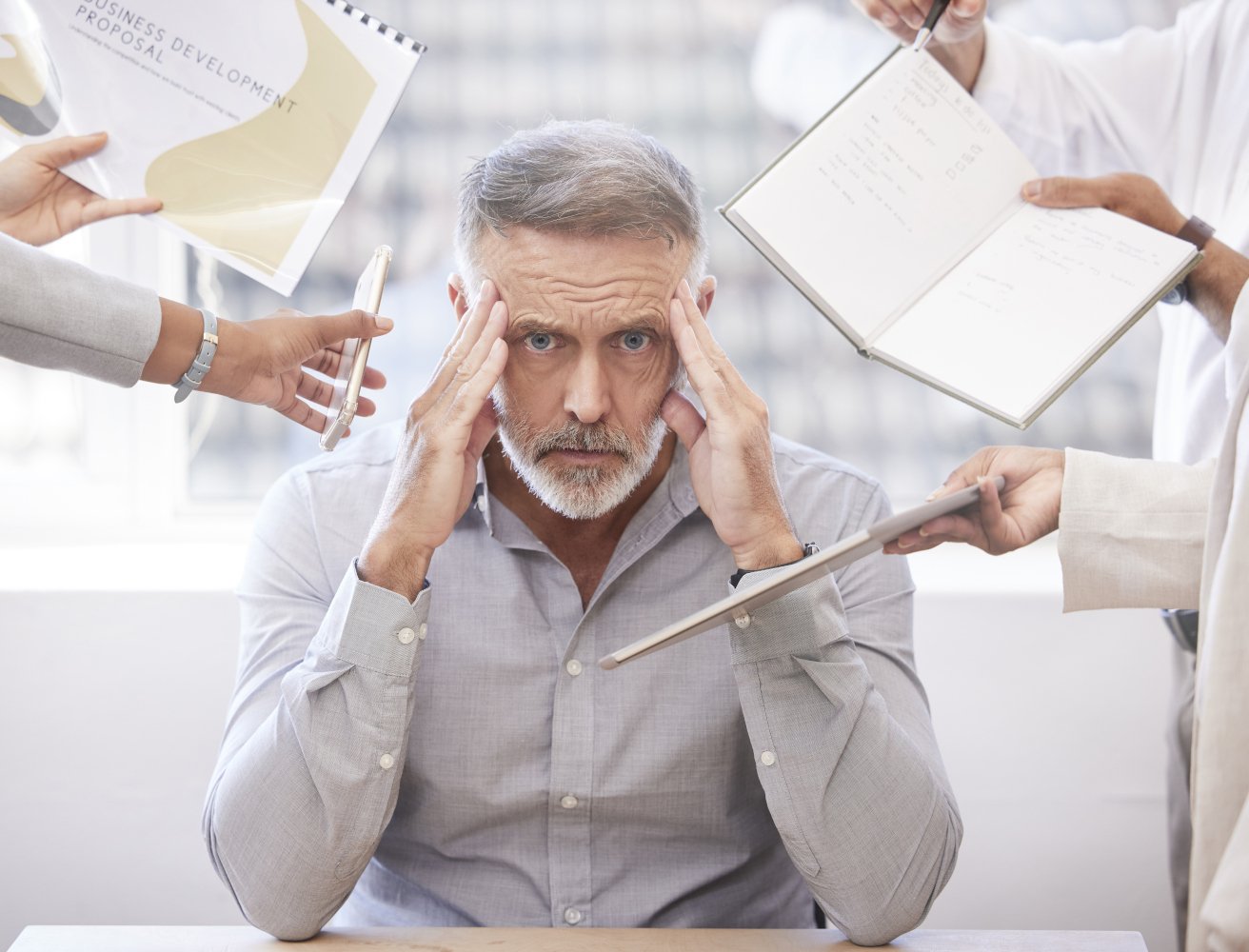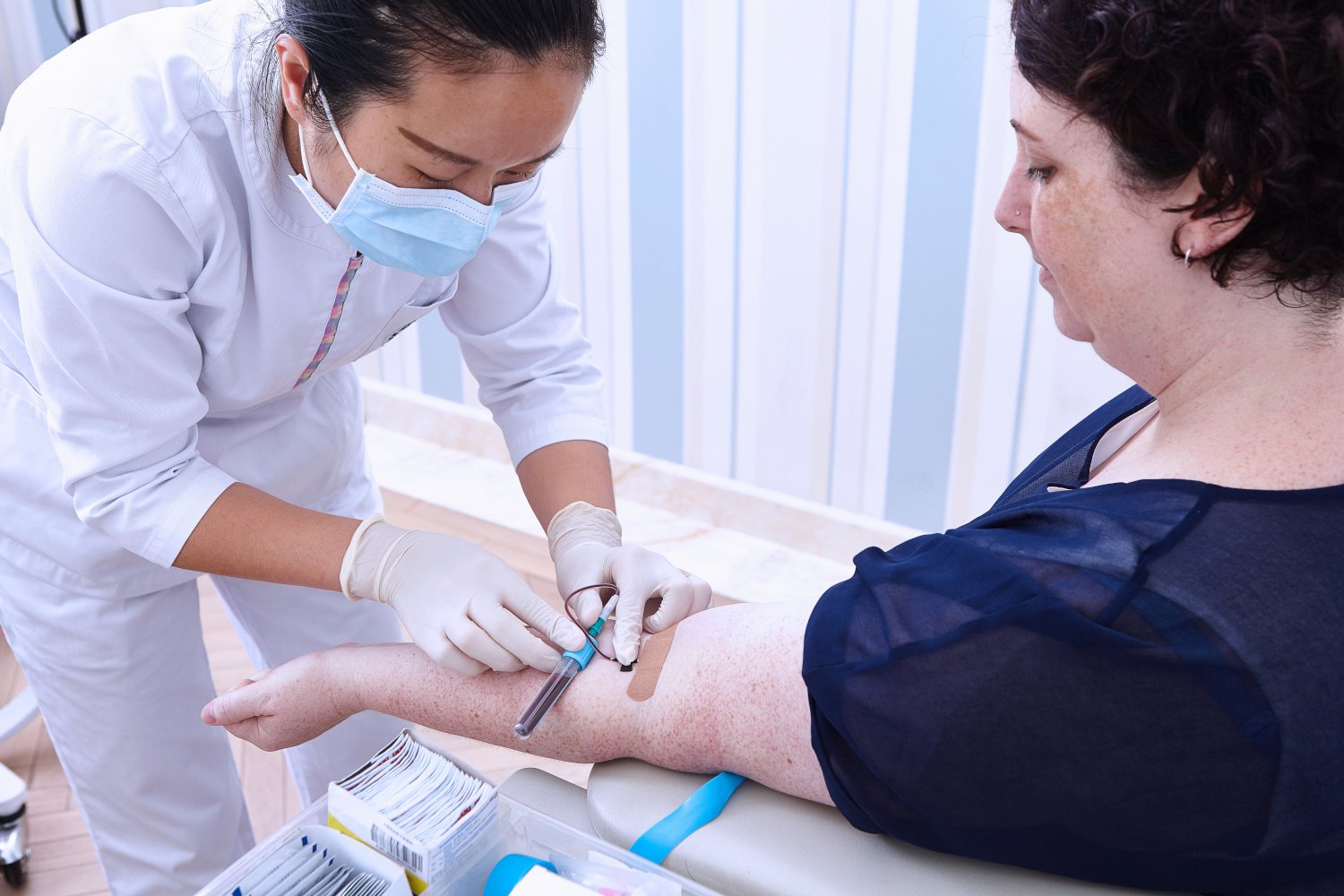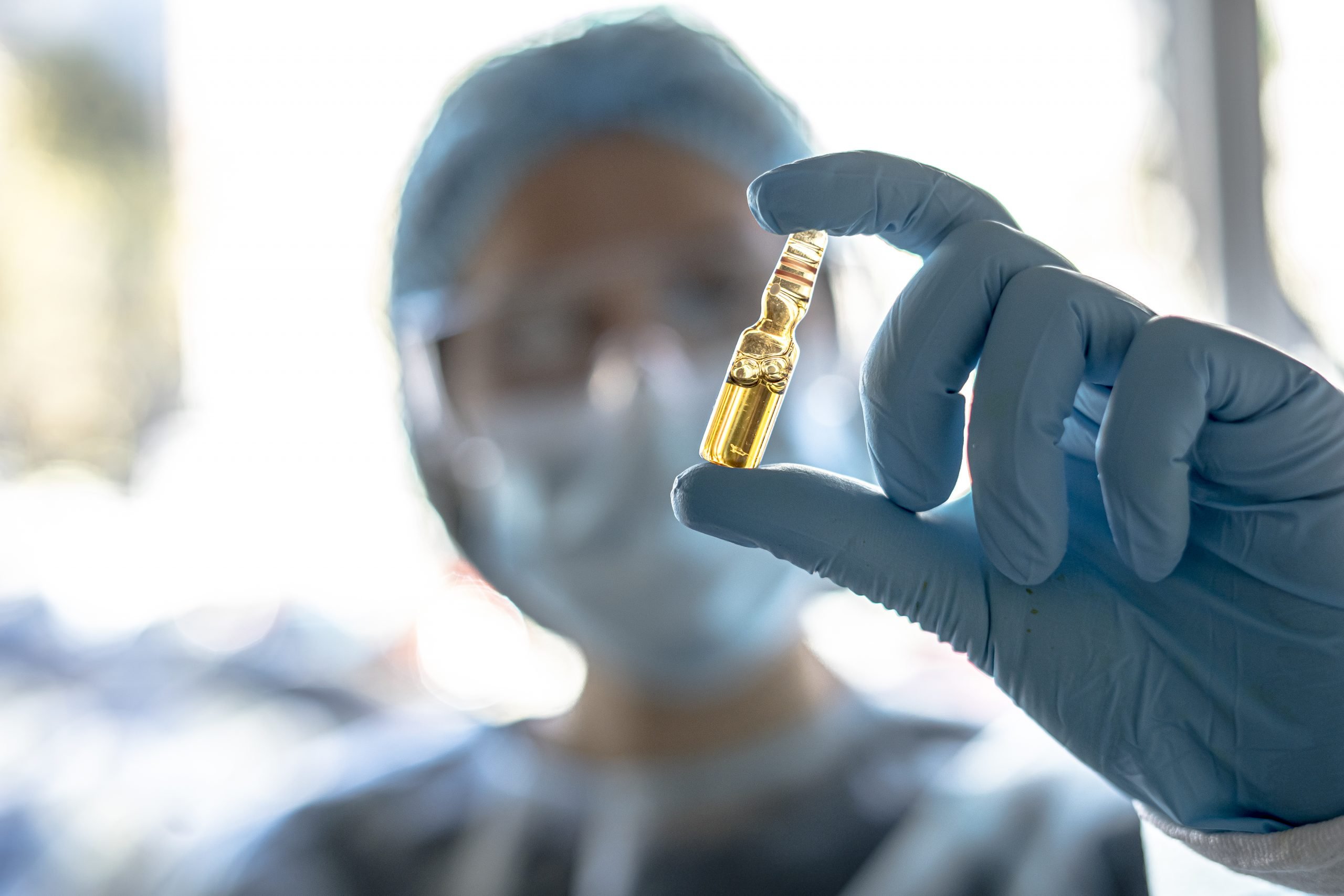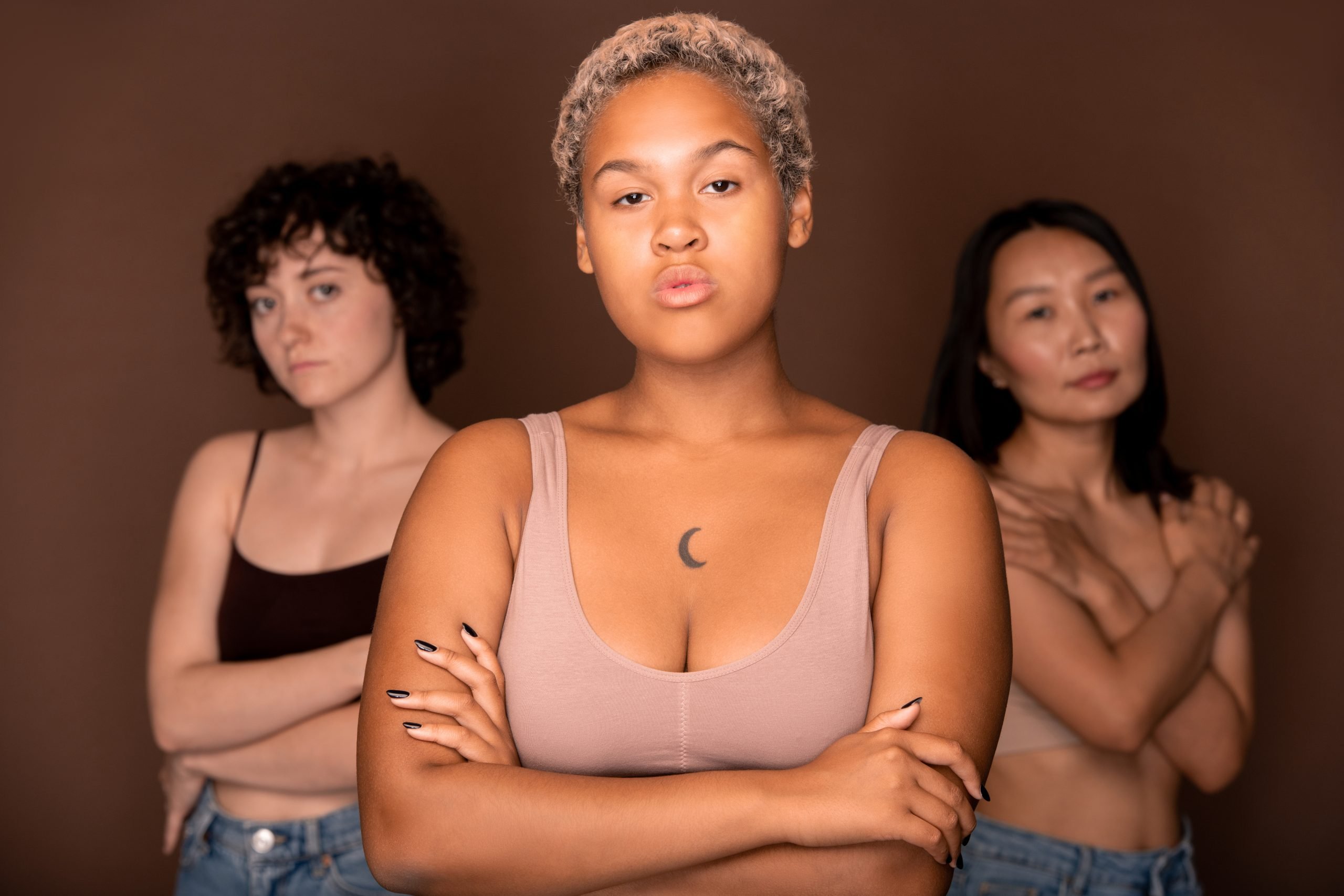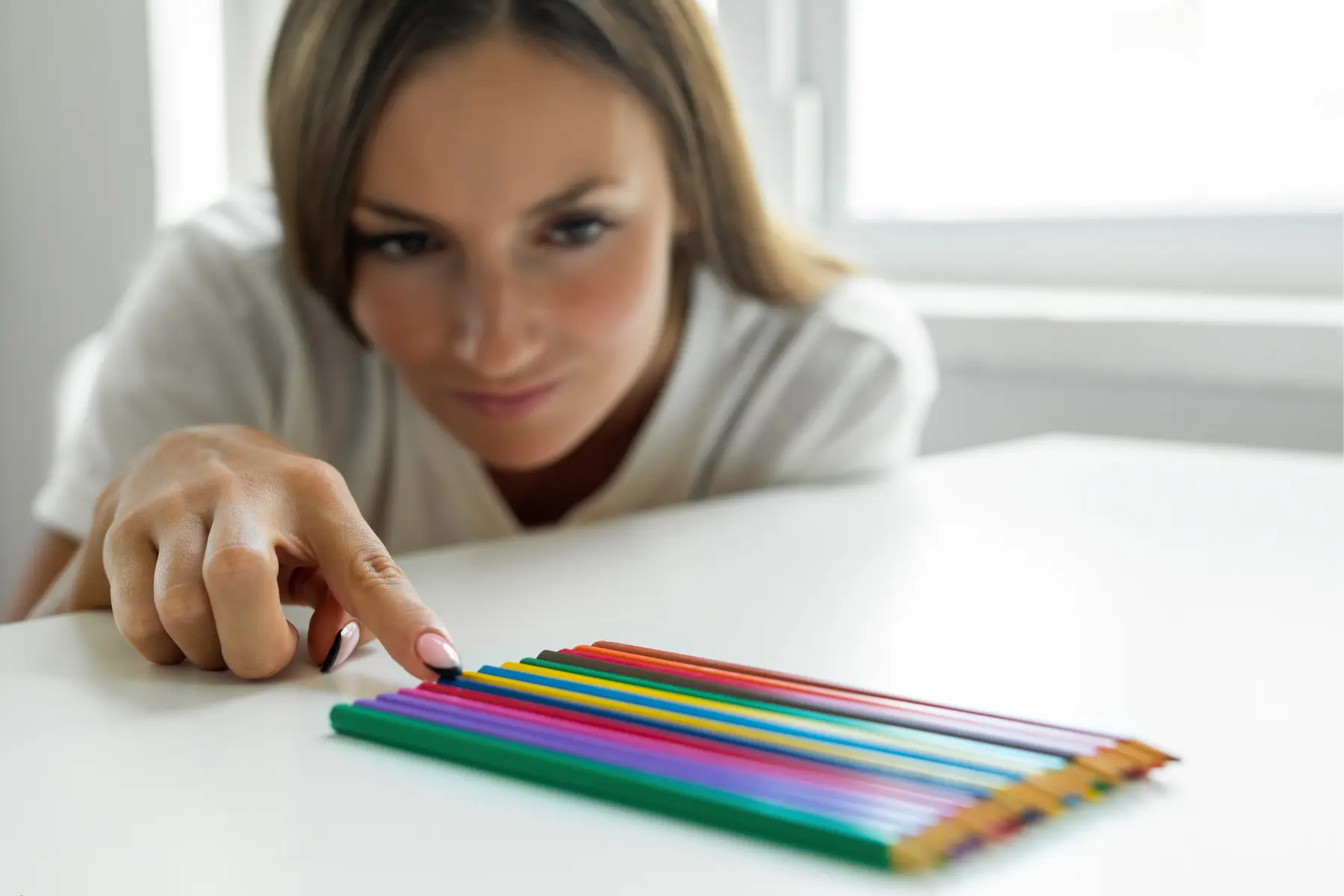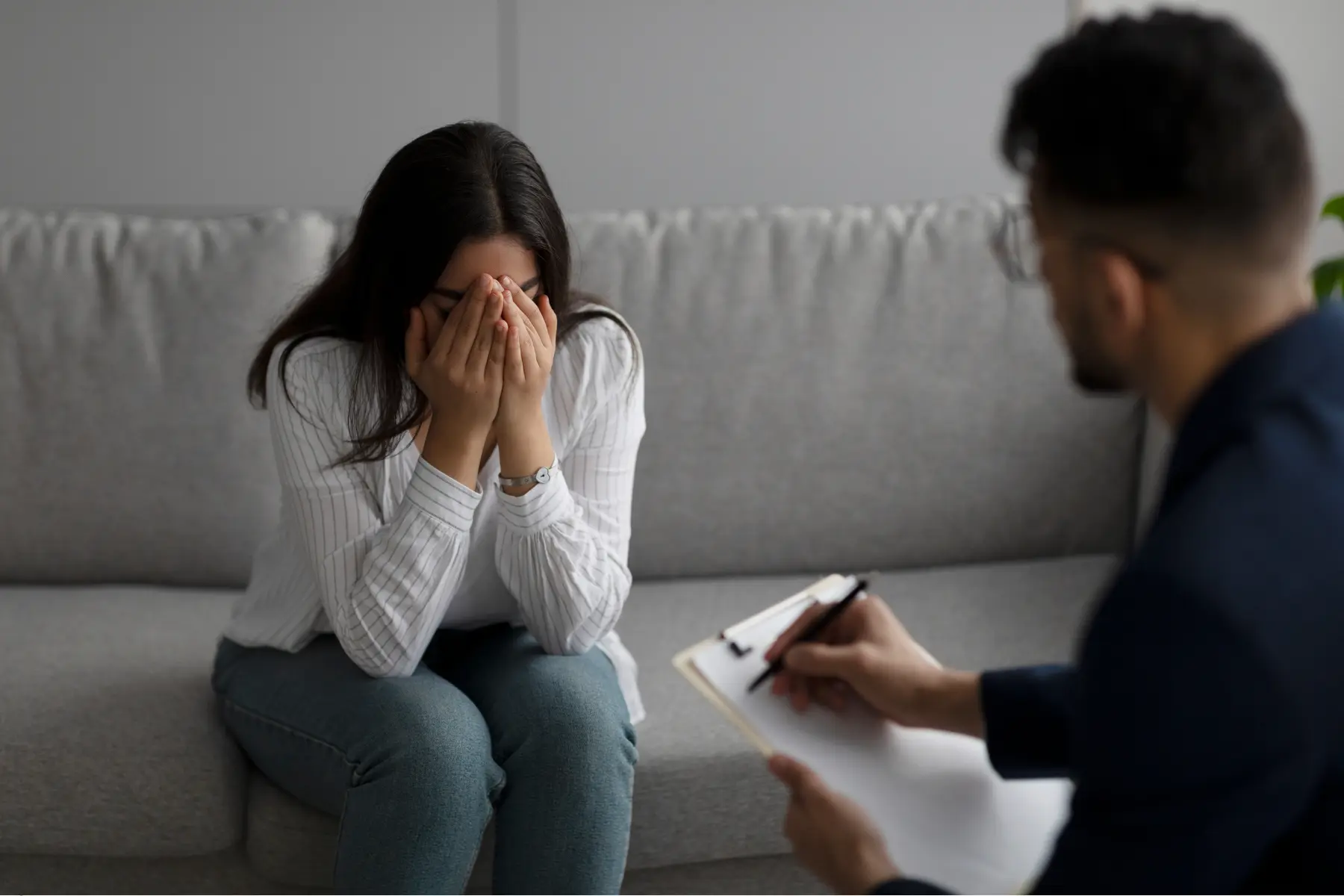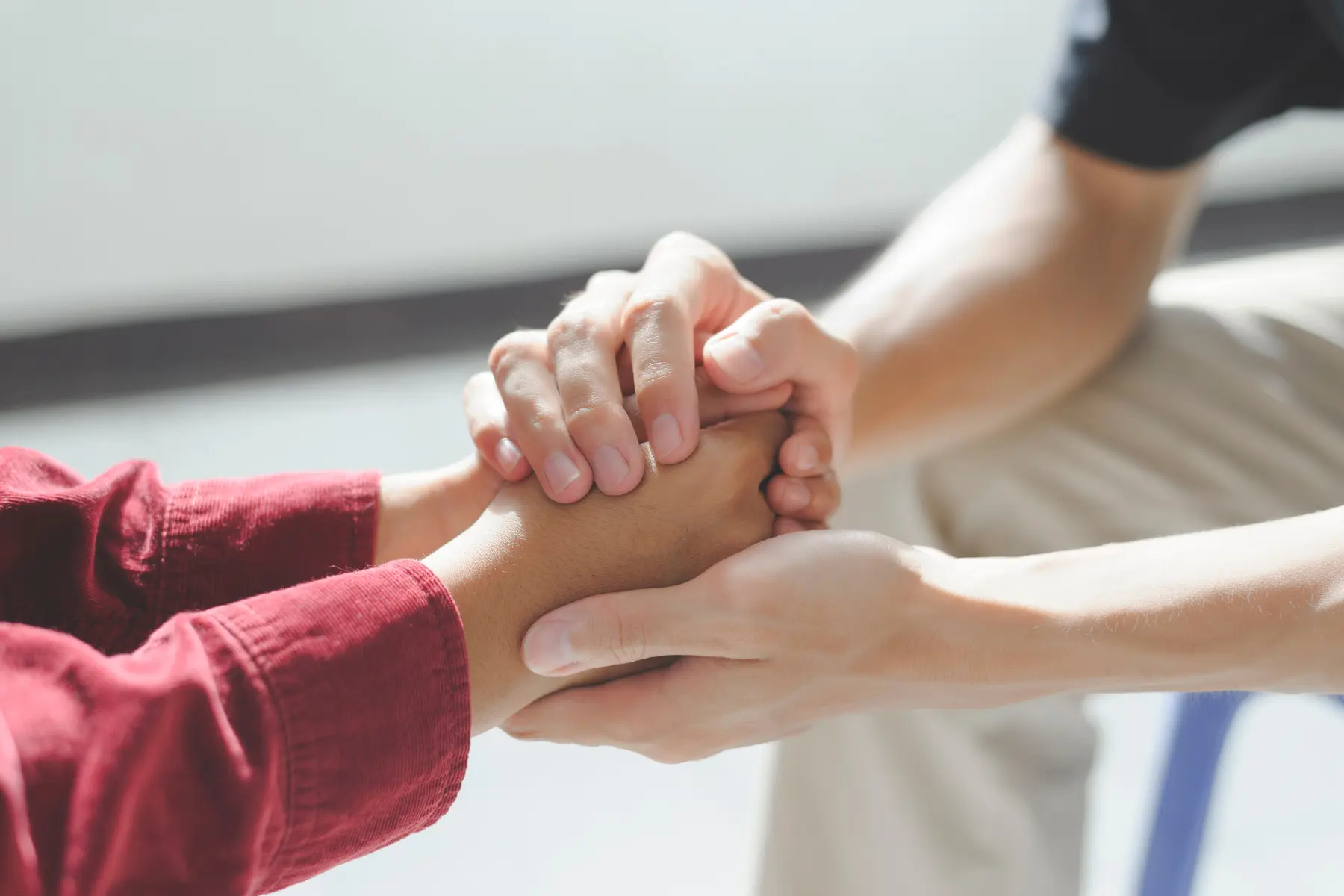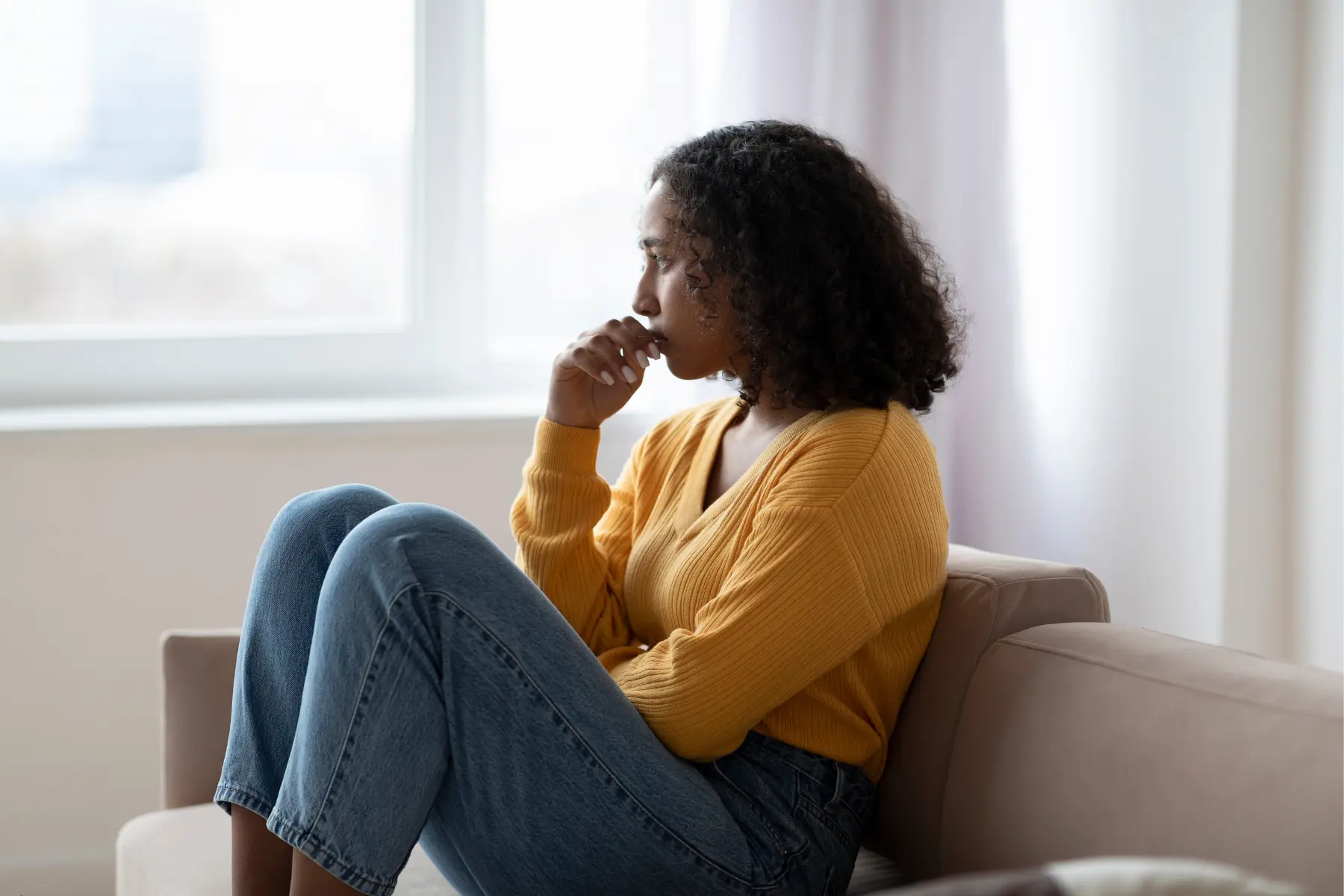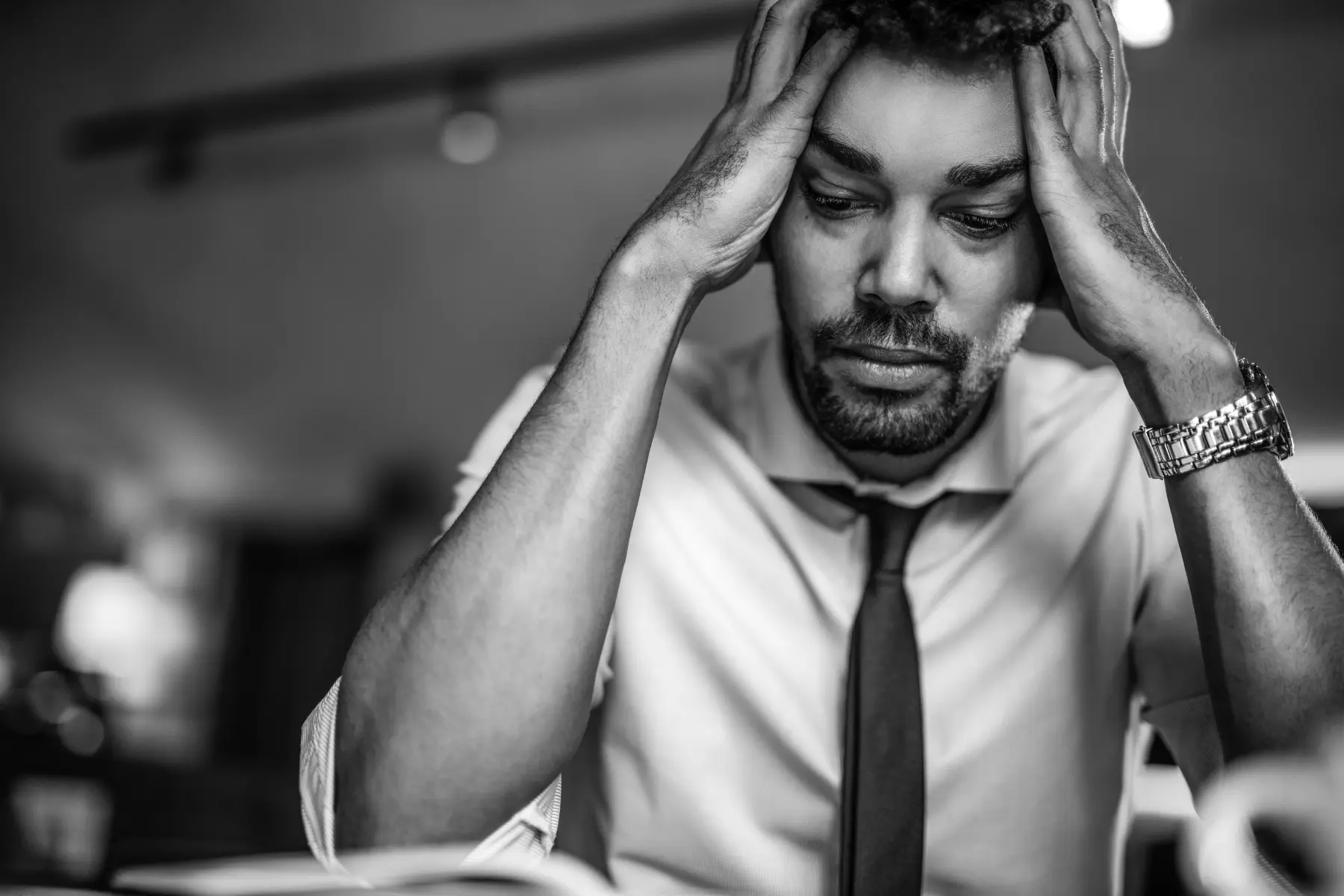If you’re exploring ketamine therapy as a potential solution for your mental health challenges, you may ask questions like:
“What can I expect from the treatment?”
“How soon will I feel the effects?”
“How will I feel after ketamine therapy?”
“Are there any side effects?”
When a mental health professional prescribes you ketamine and you receive it in a controlled and therapeutic environment, ketamine is a safe treatment. Most patients tolerate it very well. Still, there are a few things you may want to know before you start ketamine therapy in California.
One concern our clients at Bespoke Therapy California have brought up is feeling tired after treatment. Let us explain more about what you can expect after a session and how to manage the tiredness that may occur.
Understanding the Connection Between Ketamine Therapy and Tiredness
The Role of Ketamine in the Body’s Response
When you experience depression or trauma, your nervous system may get stuck in a state of heightened stress or shutdown. This makes it harder to feel safe, connected, or hopeful, and it often leads to a cycle of negative thoughts and emotions. Ketamine has gained popularity because it provides relief from depressive symptoms much faster than SSRIs. Ketamine works by targeting brain neurotransmitters that standard antidepressants do not affect, such as glutamate, and activating receptors like the NMDA receptor, which leads to the release of neurotransmitters like serotonin and dopamine that influence mood and pain perception. By activating them, ketamine helps rewire some of the brain’s pathways that may be stuck in negative thinking patterns.
Why Tiredness Is a Common Outcome of Ketamine Treatment
Ketamine is an anesthetic that can naturally cause sleepiness and fatigue after a session. This is why we require that you refrain from driving after your appointment at Bespoke Treatment in California.
Why? Because ketamine treatment affects brain activity and the nervous system, it may temporarily leave the body feeling drained. As your nervous system begins to rewire and reset, your body may need extra rest to process emotions or release stored stress. Furthermore, your overall health and emotional state may influence how you feel after the session. However, this tiredness is usually short-term and often improves with rest, hydration, and gentle self-care.
When Is Tiredness After Ketamine Therapy Normal—And When Is It Not?
Typical Side Effects That Include Tiredness
Many people feel tired after ketamine therapy. Your body may need some time to adjust to the treatment so you may feel fatigued, groggy, and sleepy right after ketamine infusion therapy. You may also feel dizzy temporarily and have a mild headache. However, these symptoms usually last a few hours and resolve by the next day.
Signs That Post-Therapy Tiredness May Require Attention
It’s important to contact your provider right away if:
- The tiredness feels extreme
- Fatigue and grogginess last several days
- Along with tiredness, you feel confused and disoriented
- You experience chest pain or trouble breathing.
- You notice changes in heart rate, blood pressure, or mood that feel unusual.
Again, while you can expect to feel tired for a short while, any symptoms that feel out of the ordinary, intense, or prolonged should be addressed.
How to Manage Tiredness After Ketamine Therapy
Practical Strategies to Cope with Post-Treatment Tiredness
- Arrange with a family member or a friend to drive you home and check in after your ketamine session at the Bespoke Treatment clinic.
- Rest after your session. Create a calming environment at home, such as using soft lighting, gentle music, and quiet surroundings, to help your nervous system relax after ketamine therapy.
- Take it easy the rest of the day. Avoid scheduling any demanding activities such as meetings, sports, or doctor’s appointments.
- Stay hydrated and eat balanced, light meals.
Daily Habits and Lifestyle Shifts to Regain Your Energy
Although tiredness after ketamine therapy doesn’t last longer than a day or two, you can definitely benefit from some self-help strategies. Here are a few tips on how to include them in your daily routine.
Practice mindfulness and breathing techniques.
It’s amazing how simple mindfulness and breathing exercises, such as the 5-4-3-2-1 or 4-7-8 breathing techniques, can calm your nervous system. This is super helpful after a ketamine infusion session, as it helps you feel grounded and reduces fatigue.
Stick to a regular sleep routine.
Nothing helps our body and mind recharge better than a good, quality sleep. Sleep regulates mood, improves focus, and removes lingering tiredness. Make sure you get enough sleep every day and stick to a consistent sleep schedule.
Make gentle movement a priority.
Light physical activity, such as walking, stretching, swimming, or yoga, is a great way to boost your energy and circulation.
These simple self-care strategies should help minimize or remove tiredness after ketamine therapy, making space for the therapeutic benefits of ketamine to kick in.



